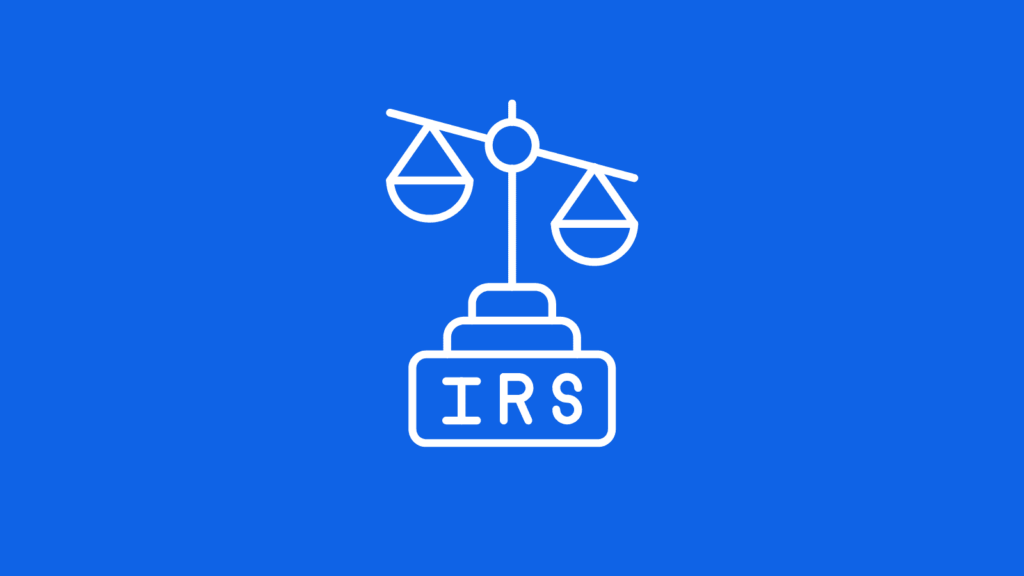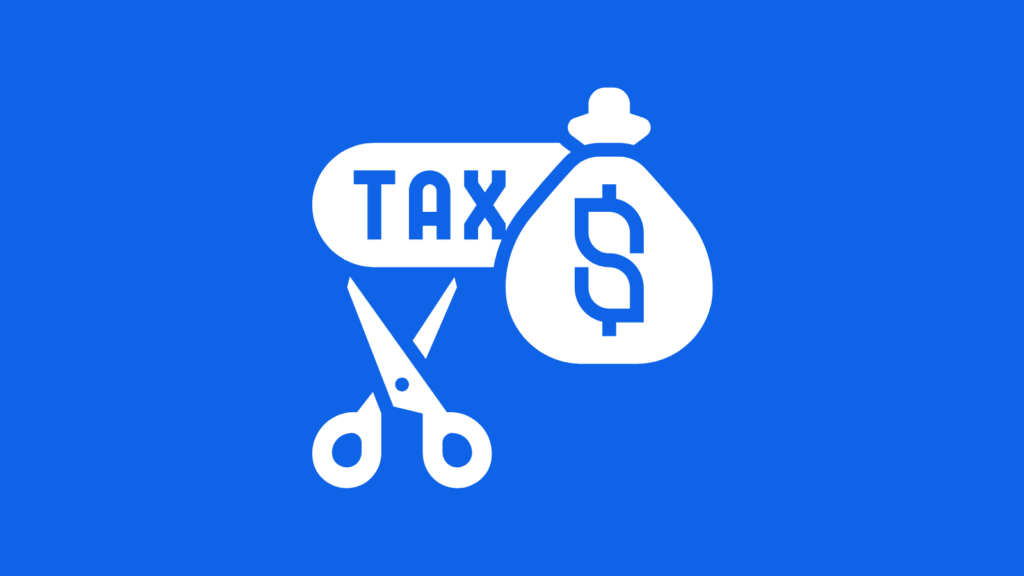What are the most overlooked tax deductions?
December 25, 2022

peakreliance
Accounting, Bookkeeping, Taxes
There are many tax deductions that individuals and businesses may overlook when filing their taxes. Here are a few common ones:
- Charitable donations: Charitable donations are a common tax deduction that many people may overlook when filing their taxes. Donations to qualified charitable organizations are tax deductible, but it’s important to keep track of your donations and have proper documentation. This includes receipts for cash donations and a record of any non-cash donations, such as clothing or household items.
In order to claim a charitable donation on your taxes, the organization must be a qualified charitable organization as determined by the IRS. This includes religious, educational, scientific, and other charitable organizations that are tax exempt under Internal Revenue Code Section 501(c)(3).
There are different types of charitable donations, including cash donations and non-cash donations. Cash donations can include things like monetary gifts, checks, and credit card donations. Non-cash donations include items such as clothing, household items, and vehicles.
For cash donations, it’s important to keep a record of the donation, including the date, the amount, and the name of the organization. A receipt from the charity or a bank record, such as a cancelled check or credit card statement, can serve as proof of the donation.
For non-cash donations, it’s important to have a detailed record of the items being donated. This should include a description of the items, the date they were acquired, and their original cost. It’s also a good idea to get a receipt from the charity for the value of the items being donated.
There are limits on the amount of charitable donations that can be claimed on your taxes. Generally, you can deduct charitable donations up to 50% of your adjusted gross income for the year. However, there are limits on donations of appreciated property, such as stocks or real estate, and there are also limits on donations made to certain organizations, such as private foundations.
It’s always a good idea to consult with a tax professional or refer to the IRS guidelines to determine what charitable donations you may be eligible to claim on your taxes. Charitable donations can be a great way to give back to your community and make a positive impact, and they can also provide a tax benefit for individuals and businesses.
- Student loan interest: Student loan interest is a tax deduction that many people may be eligible to claim when they file their taxes. If you have student loans and are making payments, you may be able to deduct the interest you paid on your taxes. This deduction can help reduce your tax liability and provide some relief for the cost of higher education.
To claim the student loan interest deduction, you must meet the following criteria:
-
- You must be legally obligated to pay the interest on a qualified student loan.
- The loan must be for you, your spouse, or a dependent for whom you claim an exemption on your tax return.
- The loan must have been used to pay for qualified education expenses, such as tuition, fees, and other related expenses.
There are limits on the student loan interest deduction. The deduction is limited to $2,500 per year and is subject to income limits. The deduction is also phased out at certain income levels. It’s important to refer to the IRS guidelines to determine if you are eligible for the deduction and what the limits are for your specific situation.
To claim the student loan interest deduction, you will need to file Form 1040 and attach Schedule 1. On Schedule 1, you will enter the amount of student loan interest you paid during the tax year. You will also need to have a Form 1098-E, Student Loan Interest Statement, which will be provided to you by your lender. This form will show the amount of interest you paid during the year.
It’s important to note that the student loan interest deduction is an “above-the-line” deduction, which means you can claim it even if you don’t itemize your deductions on your tax return. This makes it a valuable tax break for many people who may not be able to itemize their deductions.
In summary, the student loan interest deduction is a tax break that can provide some relief for the cost of higher education. If you have student loans and are making payments, you may be eligible to claim this deduction on your taxes. It’s important to refer to the IRS guidelines and consult with a tax professional to determine if you are eligible and what the limits are for your specific situation.
- Home office expenses: If you work from home and use a dedicated space in your home as your primary place of business, you may be able to claim a deduction for home office expenses. This can be a valuable tax break for those who work from home, as it allows you to deduct a portion of your rent or mortgage, utilities, and other expenses related to the use of your home as an office.
To claim the home office deduction, you must meet the following criteria:
-
- You must use a dedicated space in your home exclusively for business purposes.
- You must use your home as your principal place of business or as a place where you regularly meet with clients or customers.
- You must not use the space for any personal activities.
There are two methods for claiming the home office deduction: the regular method and the simplified method.
The regular method involves calculating the actual expenses related to the use of your home as an office. This includes a portion of your rent or mortgage, utilities, insurance, and other expenses. You will need to calculate the percentage of your home used for business and apply that percentage to your eligible expenses to determine your deduction.
The simplified method allows you to claim a flat rate of $5 per square foot of your home used for business, up to a maximum of 300 square feet. This method can be simpler and less time-consuming, but it may result in a lower deduction than the regular method.
It’s important to keep good records of your home office expenses, including receipts and documentation of the expenses you are claiming. You will need to file Form 8829, Expenses for Business Use of Your Home, to claim the home office deduction.
It’s always a good idea to consult with a tax professional or refer to the IRS guidelines to determine if you are eligible for the home office deduction and which method is best for your specific situation. The home office deduction can be a valuable tax break for those who work from home and use a dedicated space in their home for business purposes.
- Medical and dental expenses:
Medical and dental expenses can be a significant cost for individuals and families, and the good news is that you may be able to claim a deduction for these expenses on your taxes. The medical and dental expense deduction allows you to deduct qualifying expenses that exceed a certain percentage of your adjusted gross income (AGI).
To claim the medical and dental expense deduction, you must meet the following criteria:
-
- The expenses must be for medical care or dental care as defined by the IRS. This includes things like doctor’s visits, prescription medications, and insurance premiums.
- The expenses must be paid during the tax year for which you are claiming the deduction.
- The expenses must not be reimbursed by insurance or another party.
There are limits on the medical and dental expense deduction. You can only claim expenses that exceed 7.5% of your AGI. This means that if your AGI is $50,000 and you have $5,000 in medical and dental expenses, you can only claim a deduction for the amount that exceeds $3,750 (7.5% of $50,000).
To claim the medical and dental expense deduction, you will need to file Form 1040 and attach Schedule A, Itemized Deductions. On Schedule A, you will enter the total amount of your medical and dental expenses for the year and the amount that exceeds 7.5% of your AGI. You will also need to have documentation of your expenses, such as receipts or explanations of benefits from your insurance provider.
It’s important to note that the medical and dental expense deduction is subject to change and may not be available to everyone. It’s always a good idea to consult with a tax professional or refer to the IRS guidelines to determine if you are eligible for the deduction and what the limits are for your specific situation.
In summary, the medical and dental expense deduction allows you to claim qualifying expenses that exceed a certain percentage of your AGI on your taxes. This can be a valuable tax break for those who have significant medical and dental expenses. It’s important to keep good records of your expenses and consult with a tax professional to determine if you are eligible for the deduction.
- Professional development: Professional development, such as conferences, workshops, and continuing education courses, can be an important investment for individuals looking to advance their careers or stay up-to-date in their fields. The good news is that you may be able to claim a tax deduction for these expenses.
To claim a deduction for professional development expenses, you must meet the following criteria:
-
- The expenses must be for education that is directly related to your current job or business.
- The education must maintain or improve the skills required in your current job or business.
- The education cannot be required as a condition of employment or necessary to meet the minimum requirements of your job or business.
There are limits on the professional development expense deduction. You can only claim expenses that are considered “ordinary and necessary” for your job or business. This means that the expenses must be common and accepted in your field and must be helpful to your business or profession.
To claim the professional development expense deduction, you will need to file Form 1040 and attach Schedule C, Profit or Loss from Business. On Schedule C, you will enter the total amount of your professional development expenses for the year and the amount that is considered ordinary and necessary for your job or business. You will also need to have documentation of your expenses, such as receipts or invoices.
It’s important to note that the professional development expense deduction is subject to change and may not be available to everyone. It’s always a good idea to consult with a tax professional or refer to the IRS guidelines to determine if you are eligible for the deduction and what the limits are for your specific situation.
In summary, the professional development expense deduction allows you to claim qualifying expenses on your taxes. This can be a valuable tax break for those who invest in their professional development and seek to improve their skills and knowledge in their fields. It’s important to keep good records of your expenses and consult with a tax professional to determine if you are eligible for the deduction.
It’s important to note that these deductions are subject to change and may not be applicable to everyone. It’s always a good idea to consult with a tax professional or refer to the IRS guidelines to determine what deductions you may be eligible for.
Post Tags :
Bookkeeping, Taxation, Taxes
About Us
Empowering small businesses and individuals with efficient and reliable bookkeeping & tax services.









